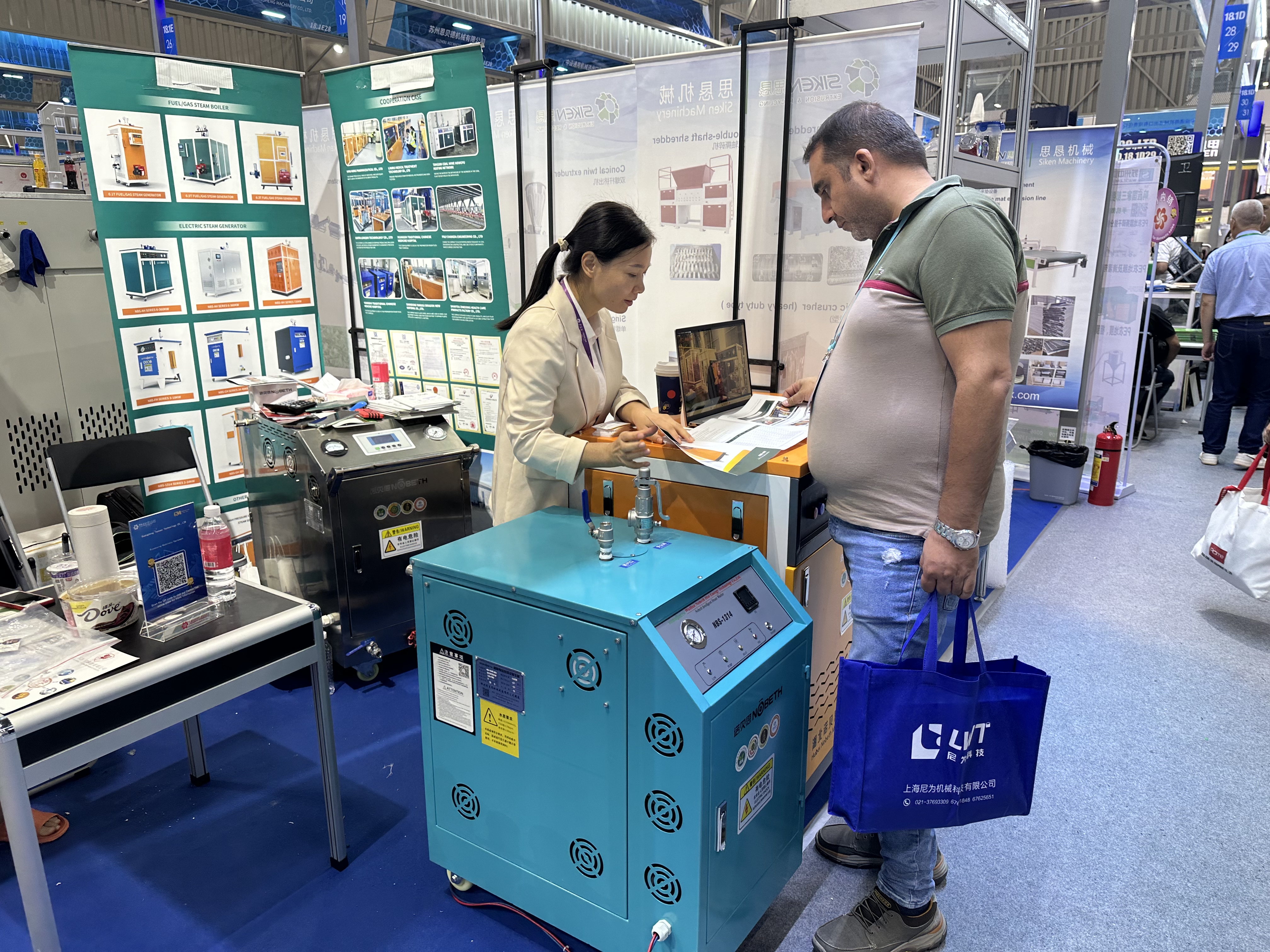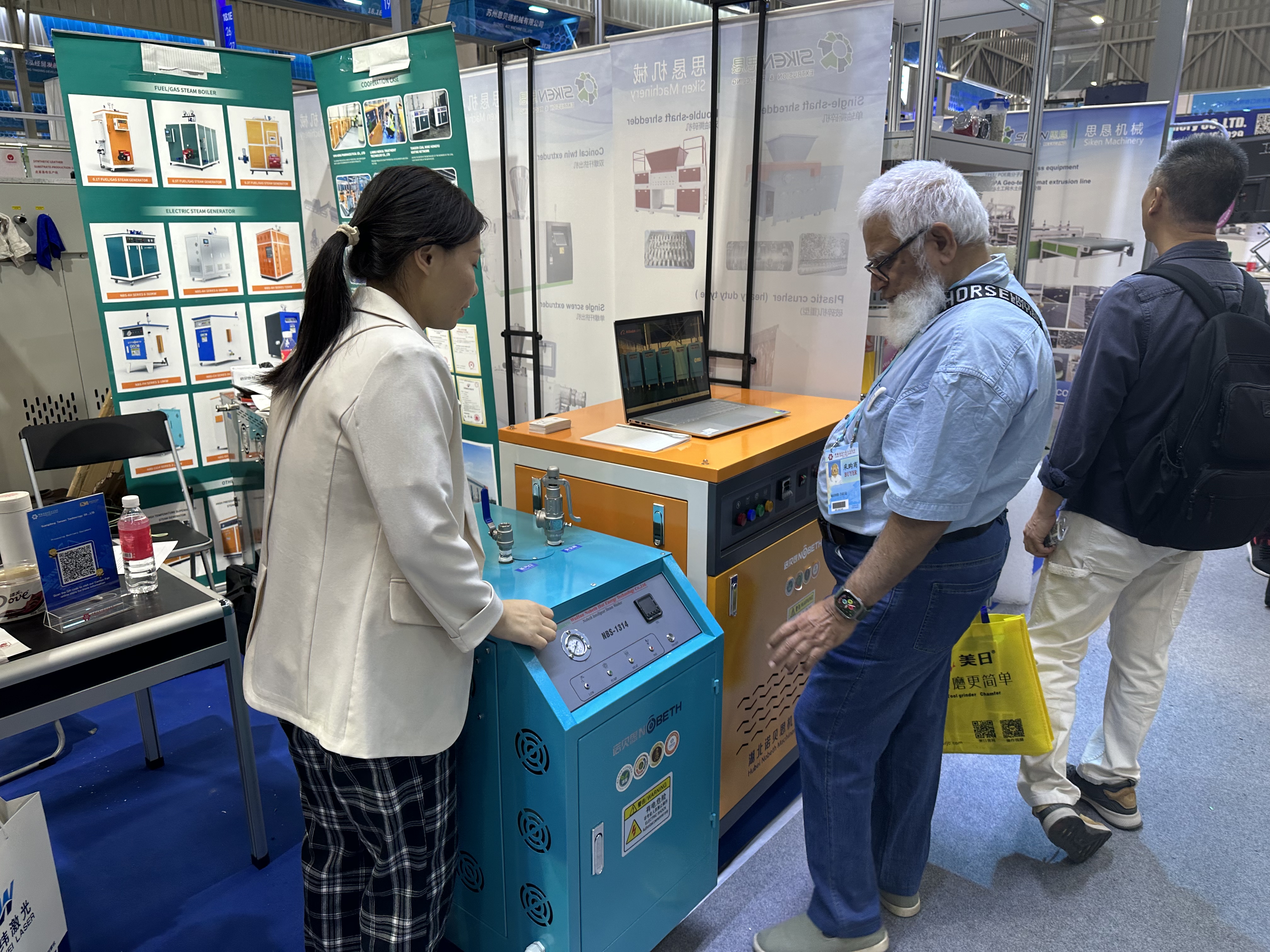A:
In daily life, we often see scale forming on the inner wall of the kettle after being used for a long time. It turns out that the water we use contains many inorganic salts, such as calcium and magnesium salts. These salts cannot be seen with the naked eye in water at room temperature. Once they are heated and boiled, a lot of calcium and magnesium salts will precipitate out as carbonates, and they will stick to the wall of the pot to form scale.
What is softened water?
Soft water refers to water that contains no or less soluble calcium and magnesium compounds. Soft water is less likely to scum with soap, while hard water is the opposite. Natural soft water generally refers to river water, river water, and lake (freshwater lake) water. Softened hard water refers to softened water obtained after the calcium salt and magnesium salt content is reduced to 1.0 to 50 mg/L. Although boiling can turn temporarily hard water into soft water, it is uneconomical to use this method to treat large amounts of water in industry.
What is softened water treatment?
Strong acidic cationic resin is used to replace calcium and magnesium ions in the raw water, and then the boiler inlet water is filtered by the softened water equipment, thereby becoming softened purified water for boilers with extremely low hardness.
We usually express the content of calcium and magnesium ions in water as the index “hardness”. One degree of hardness is equivalent to 10 milligrams of calcium oxide per liter of water. Water below 8 degrees is called soft water, water above 17 degrees is called hard water, and water between 8 and 17 degrees is called moderately hard water. Rain, snow, rivers, and lakes are all soft water, while spring water, deep well water, and sea water are all hard water.
Benefits of softened water
1. Energy saving, environmental protection, extending the service life of wading equipment
For urban pipeline water supply, we can use a water softener, which can be used normally all year round. It not only extends the service life of water-related appliances such as washing machines by more than 2 times, but also saves about 60-70% of equipment and pipeline maintenance costs.
2. Beauty and skin care
Soft water can completely remove dirt from facial cells, delay skin aging, and make the skin non-tight and shiny after cleansing. Since soft water has strong detergency, only a small amount of makeup remover can achieve 100% makeup removal effect. Therefore, soft water is a necessity in the life of beauty lovers.
3. Wash fruits and vegetables
1. Use soft water to wash kitchen ingredients to extend the shelf life of vegetables and maintain their fresh taste and aroma;
2. Shorten the cooking time, the cooked rice will be soft and smooth, and the pasta will not swell;
3. The tableware is clean and free of water stains, and the gloss of the utensils is improved;
4. Prevent static electricity, discoloration and deformation of clothes and save 80% of detergent usage;
5. Extend the flowering period of flowers, with no spots on the green leaves and gorgeous flowers.
4. Nursing clothes
Soft water laundry clothes are soft, clean, and the color is as new as new. The fiber fiber of the clothes increases the number of washings by 50%, reduces the usage of washing powder by 70%, and reduces the maintenance problems caused by the use of hard water in washing machines and other water-using equipment.
Post time: Oct-30-2023






